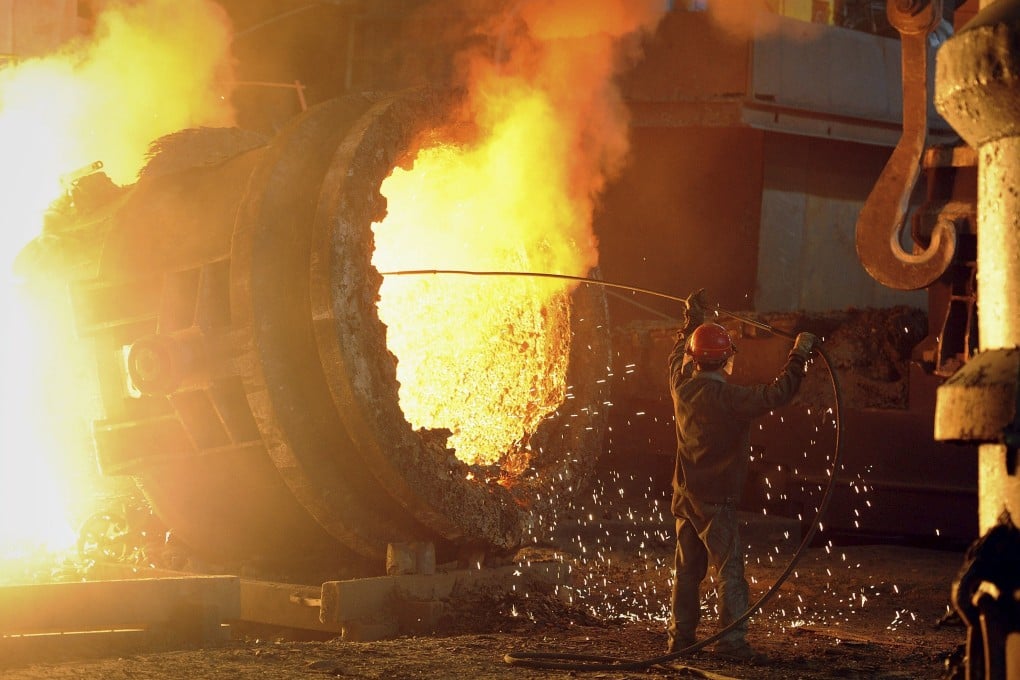Is a commodities supercycle looming, and what risks does it pose for China?
- Soaring commodity prices have stirred debate about whether the world is entering another commodities supercycle
- A long-term trend of high commodity prices could sting Chinese manufacturers and hurt recovery from the pandemic

Booming commodity markets are fuelling debate in China about the potential impact of a commodities supercycle, which could saddle producers with high costs for years and pose a major threat to the country’s economic recovery from the coronavirus pandemic.
Amid concerns of an extended upswing in prices, some economists are asking whether the global economy is entering a rare supercycle, where commodities trade above their long-term price trend for a prolonged period of time.
Early this year, Goldman Sachs said the global economy was on the brink of a new commodities supercycle driven by post-pandemic growth.
It is clear that a super boom will be followed by a super bust, which will be very destructive to the
“Looking at the 2020s, we believe that similar structural forces to those which drove commodities in the 2000s could be at play,” the investment bank said.